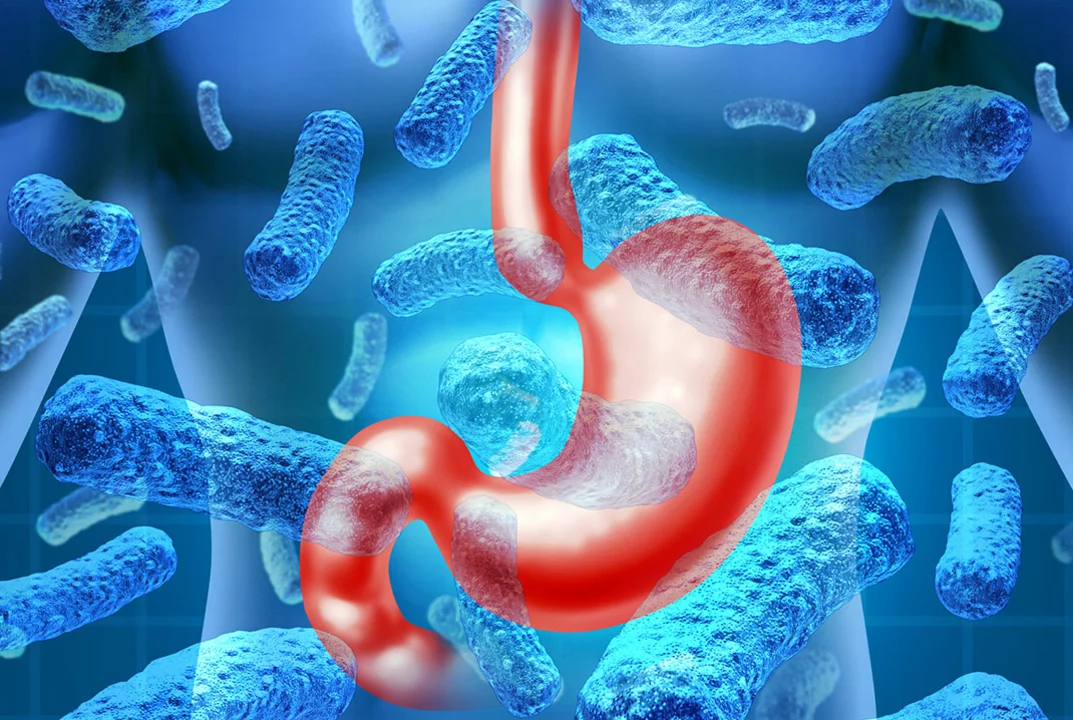Atrophic Gastroenteritis: What You Need to Know
Atrophic gastroenteritis is a condition where the lining of your stomach becomes thin and inflamed. This can lead to a drop in stomach acid, making digestion less efficient and sometimes causing discomfort or other digestive issues. If you've been feeling bloated, have stomach pain, or notice changes in appetite, this might be an issue to check out.
But what causes this thinning and inflammation? In many cases, it results from long-term infections like Helicobacter pylori or from autoimmune reactions where your body mistakenly attacks your stomach lining. Other reasons might include poor diet, certain medications, or other health conditions. Pinpointing the cause helps guide the right treatment.
Recognizing the Symptoms
Symptoms can be subtle at first but often include persistent stomach pain, indigestion, nausea, or even vitamin B12 deficiency symptoms like tiredness or numbness. Because the stomach lining is damaged, absorption of important nutrients can get affected. If you notice these signs regularly, it’s smart to get evaluated by a healthcare professional.
Treatment and Management Tips
Treating atrophic gastroenteritis usually means tackling the cause. If it’s due to H. pylori infection, antibiotics can clear it up. Autoimmune cases might need special medications or supplements, especially to address vitamin deficiencies. Meanwhile, simple changes like eating smaller, more frequent meals, avoiding irritants like alcohol or spicy foods, and managing stress can make a big difference.
If you’re dealing with atrophic gastroenteritis symptoms, try to keep a food diary to identify triggers, and always check with your doctor before starting supplements or new treatments. Staying informed and proactive can keep your stomach in better shape and improve your overall well-being.
